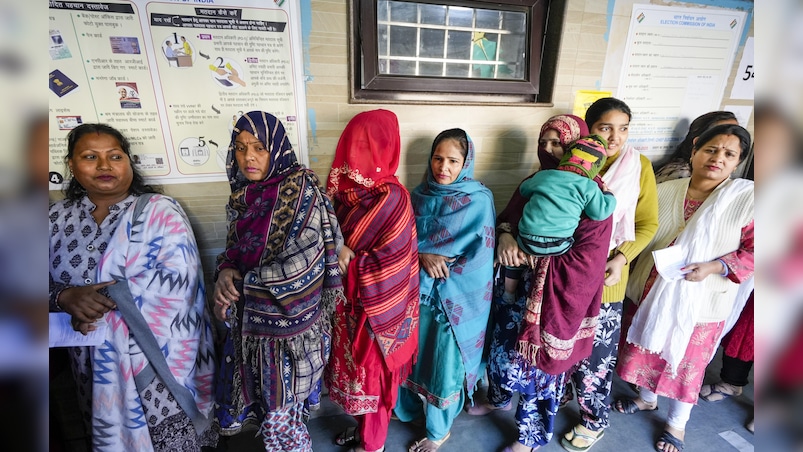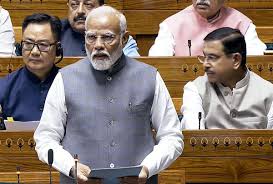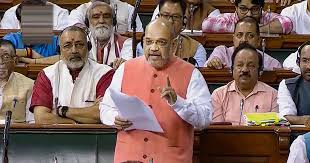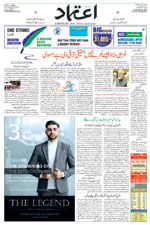Learn 'rashtra bhasha' Hindi, too much importance on English: Naidu
Sat 24 Jun 2017, 20:58:14

It is important to learn the 'Rashtra Bhasha' (national language) Hindi as most people in the country speak this language, Union minister M Venkaiah Naidu said on Saturday.
He also stressed on the promotion of 'Matrubhasha' (mother tongue) and lamented that too much importance was attached to English in the country.
The minister was speaking at an event in Sabarmati Ashram in Ahmedabad where he presented 100 volumes of collected works of Mahatma Gandhi in English to the Ashram.
"Hindi as Rashtra Bhasha (national language) is very important, we cannot do without it...Most people in our country speak Hindi, so learning Hindi is also important... but we should be fluent in our mother language like Gujarati, Marathi, Bhojpuri...," Naidu said.
"We should bring them (these volumes) in all Indian languages. I do not call them regional languages because they are mother languages and national languages. Because English came subsequently. Hindi became Rashtra Bhasha subsequently," Naidu said.
"But the original languages are Bangla, Marathi, Gujarati, Tamil ....'bhasha and bhavna' (language and feeling) go together.
Apni bhavna ko vyakt karne ke liye, bhasha bahut jaroori hai. Isliye apni matrubhasha mein log padhe, ye bahut jaroori hai. (Language is important to express our feelings. So, it is important that people study in their mother language).
Apni bhavna ko vyakt karne ke liye, bhasha bahut jaroori hai. Isliye apni matrubhasha mein log padhe, ye bahut jaroori hai. (Language is important to express our feelings. So, it is important that people study in their mother language).
"I want that in our education policy we should consider (promoting our mother language). It is our misfortune that we give too much importance to English medium. Dheere dheere angrezi seekhte seekhte angrezi mind bhi aa gaya hamare mein. Ye acchha nahi hai, deshhitt meing nahi hai. (By learning English language, we have also developed an English mindset)," he said.
The Information and Broadcasting minister said while he was not against English as a language, it was "being given undue importance because of its association with increasing job prospects."
"Both educated and uneducated people teach their kids to speak 'mummy and papa' for mother and father, instead of maa (for mother) in mother tongue.
"Maa is beautiful. Maa comes from the depth of the heart. But because of English being associated with the possibility of increasing job prospects, we tend to use it more," he said.
No Comments For This Post, Be first to write a Comment.
Most viewed from National
Most viewed from World
AIMIM News
Delhi Assembly polls: Owaisi leads Padyatra in Okhla
Feb 01, 2025
We reject this Waqf Amendment Bill: Asaduddin Owaisi
Jan 30, 2025
Latest Urdu News
Most Viewed
May 26, 2020
Which political party will win the Delhi Assembly polls to be held on Feb 5?
Latest Videos View All
Like Us
Home
About Us
Advertise With Us
All Polls
Epaper Archives
Privacy Policy
Contact Us
Download Etemaad App
© 2025 Etemaad Daily News, All Rights Reserved.

.jpg)
.jpg)










.jpg)
.jpg)
.jpg)
.jpg)
.jpg)
.jpg)
.jpg)






















